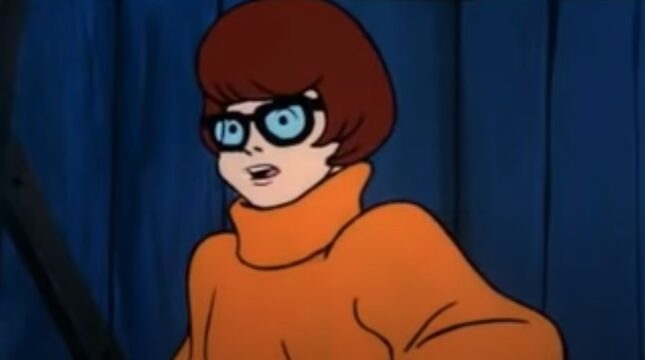Please Remember that Velma, of Scooby-Doo Fame, Is a Cartoon Character
Everyone's mad that she's going to be East Asian in Mindy Kaling's spin-off—but why?
EntertainmentTV

In February, Mindy Kaling announced that she’d be helming Velma, an adult animated comedy for HBO Max focused on the origin story of, uh, Velma, the gal in the orange turtleneck and the big glasses who is arguably the brains of the entire Scooby-Doo operation. The press release stated that Kaling would be voicing the lead character, Velma, and provided little to no other information.
But after it was announced last week that Velma will be portrayed as an Asian woman, some people are (perhaps unsurprisingly) pressed.
According to Vulture, the show will “reimagine what Scooby-Doo would be like if Velma were of East Asian descent and lived in a different world.” Some other crucial changes to this narrative include the absence of the psychedelic van and also, the talking dog.
-

-

-

-

-

-

-

-

-

-

-

-

-

-

-

-

-

-

-

-

-

-

-

-

-

-

-

-

-

-

-

-

-

-

-

-

-

-

-

-








































